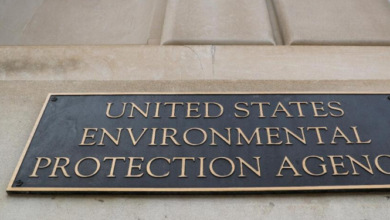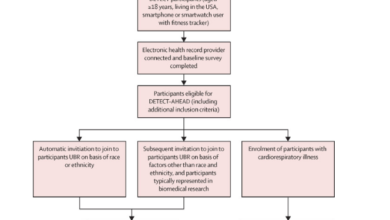“Revised Breast Cancer Mammography Guidelines: Impact, Recommendations, and Importance of Comprehensive Screening”

With a rising number of younger women worldwide being diagnosed with breast cancer, the US Preventive Services Task Force now advises starting mammography screening at age 40, a shift from the previous recommendation of age 50. This guideline carries considerable weight due to its influence on public health policies, its impact on insurers, and its reverberations in other nations.
Table of Contents
What Do the Updated Recommendations Entail?
Early detection significantly improves breast cancer treatment outcomes, rendering the lowering of the screening age imperative rather than an unnecessary precaution. Dr. Ramesh Sarin, senior consultant in oncology at Indraprastha Apollo Hospitals, New Delhi, notes that radiological societies globally advocate for earlier testing, particularly for high-risk groups such as women with a family history of cancer and poor lifestyle habits. Recent epidemiological data from the US (2015-2019) indicates a two percent increase in breast cancer incidence among young women, who often present with faster-growing cancers necessitating annual screening, albeit with a two-year gap between screenings as recommended by the panel.
Breast Cancer Landscape
In India, oncologists like Dr. Sarin and the Radiological Society of India suggest mammography starting at age 40, biennially, and annually post-50. Dr. Sarin observes a rising trend of breast cancer cases among younger Indian women (aged 35-45), with 11 percent affected compared to seven percent in the West, occurring several years earlier than in Western demographics.
Beyond Mammograms: The Need for Comprehensive Screening
Given that some cancers may evade detection by mammograms, especially in denser breast tissue prevalent among Indian women, supplementary tests like ultrasound and MRI are crucial components of early screening at age 40. Dr. Sarin emphasizes the importance of insurance coverage for these additional tests, often inaccessible to women without hospitalization-associated expenses.
Importance of Comprehensive Screening Packages
Not all breast cancers stem from familial predisposition; many arise due to genetic mutations. Dr. Sarin underscores the significance of detecting symptoms early, as stages 1 and 2 typically manifest without symptoms. Early detection via mammograms at age 40 facilitates less aggressive treatment and higher survival rates, as indicated by the American Cancer Society’s statistics showing a 99 percent survival rate for early-stage cancers.
Continuous Screening: Ensuring Continued Health
Clear mammogram results don’t guarantee future normalcy. Studies in the US demonstrate a 33 percent decrease in breast cancer-related mortality among women over 40 undergoing regular mammograms, underscoring the importance of sustained screening efforts regardless of previous outcomes.




